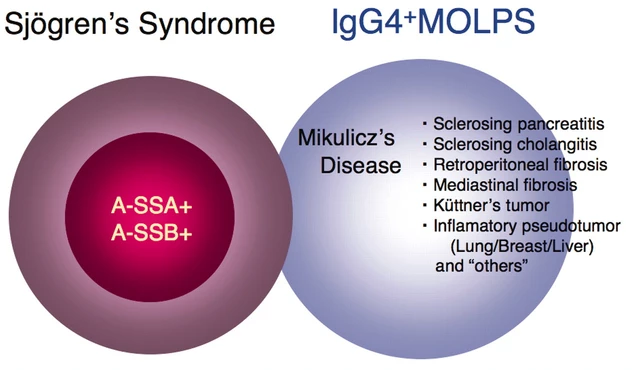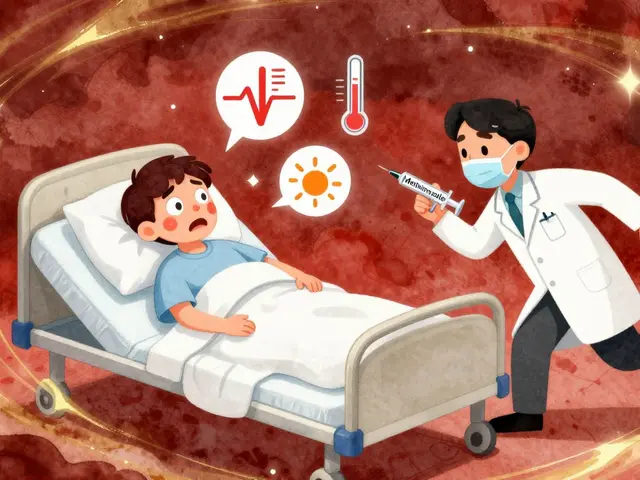
Acetylcysteine: Uses, Benefits, and What You Need to Know
When you hear acetylcysteine, a modified form of the amino acid cysteine used to thin mucus and protect the liver. Also known as NAC, it's not just a hospital drug—it's a widely used supplement for breathing issues, detox support, and even mood balance. Many people don’t realize acetylcysteine is the go-to antidote for acetaminophen overdose, but it’s also helping folks with chronic bronchitis, asthma, and even long-term lung damage from smoking or pollution.
It works by boosting your body’s main antioxidant, glutathione. That means it doesn’t just clear mucus in your lungs—it also fights oxidative stress that can wear down your liver, brain, and immune system over time. People taking it daily report fewer colds, less brain fog, and better energy. Doctors use it in clinics for COPD and cystic fibrosis because it literally loosens thick phlegm so you can breathe easier. And yes, it’s been studied for mental health too—some trials show it helps reduce compulsive behaviors and anxiety by calming inflammation in the brain.
You’ll find acetylcysteine in both prescription form and as a supplement. The dose changes depending on why you’re taking it: 600 mg daily for general antioxidant support, up to 1,200–2,400 mg for respiratory conditions, and much higher under medical supervision for overdose cases. It’s not a magic pill, but when used right, it’s one of the few supplements with solid clinical backing across multiple areas.
What’s interesting is how often it shows up in other contexts. You’ll see it linked to liver health in posts about acetaminophen safety, respiratory support in guides about chronic coughs, and even in discussions about mental clarity and oxidative stress. That’s why the articles here cover everything from how it helps with opioid side effects like constipation (by improving gut motility) to how it compares with other antioxidants in managing inflammation. Whether you’re dealing with a lingering cough, thinking about liver support, or just curious about how a simple amino acid can do so much—this collection gives you the real-world facts, not the hype.
-
19 Oct







